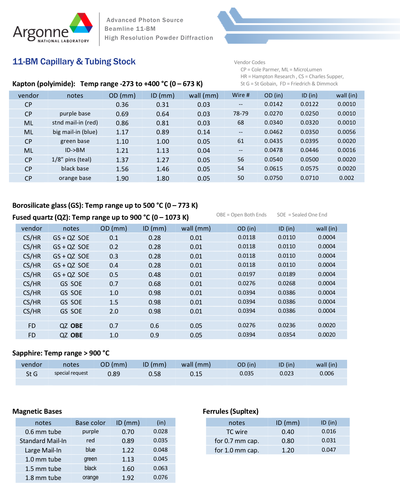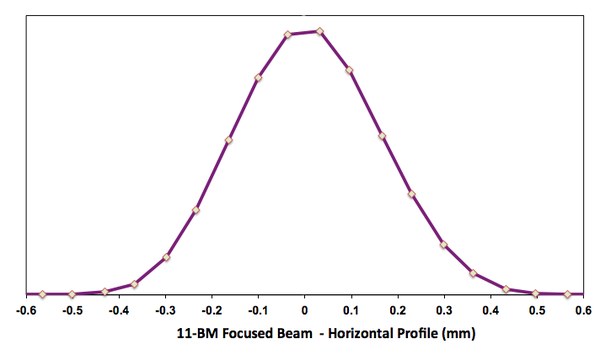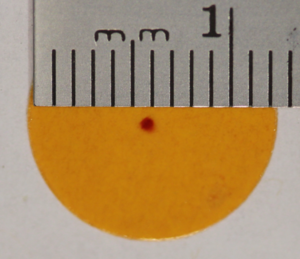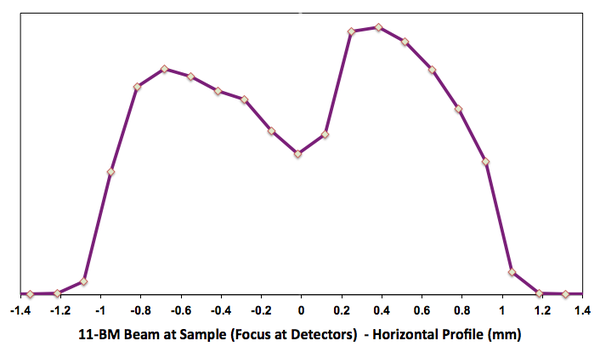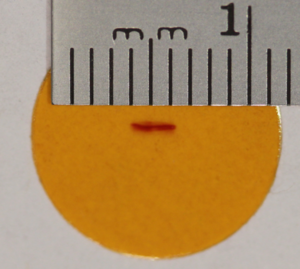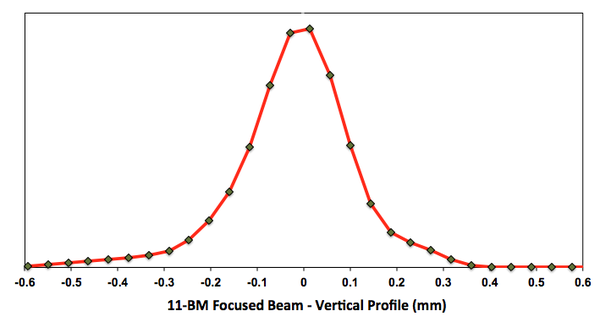On-Site Experiments
Capillaries
A selection of Kapton, Glass and fused Quartz capillary tubes are available at 11-BM for on-site experiments. Check with staff to confirm, but the materials and dimensions shown in the chart below are typically on hand.
Use quartz for high temperature work ( > 450 C). Glass adds a bit smaller background to the diffraction pattern and is easier to seal, but fused quartz tubes are stronger, more chemical resistant, and survive higher temperatures.
See the Wiki page for more info on capillaries (vendors, sizes etc)
Tools
The following tools might be helpful for preparing samples:
- Small Drill Bits can be useful for loading & packing powder inside Kapton tubes (more details)
- Powder Sieves help remove any large particles and ensure homogeneous powders. 11-BM has a selection of powder sieves available for use by on-site users at the beamline. (more details)
- Mortar & Pestles Small and large agate mortars and pestles are also available for grinding powders. (more details)
Beam Profile
Horizontal - Focused at Sample
11-BM beam profile at sample position with tightest horizontal focus at the sample position - commonly used for hot air blower to minimize temperature differential over sampled powder volume.
Horizontal - Focused at Detector
11-BM beam profile at sample position when beam is focused at the detectors , this give the best horizontal focus and resolution at the detectors, but results in a more horizontally broad beam (~ 2 mm) at the sample position. This the default focus for mail-in measurements. A wider beam gives superior powder averaging by sampling a large volume of powder in the capillary.
Vertical
11-BM beam profile at sample position with standard vertical focus - this is fixed (determined by optics 2nd mirror) and does not change with varying horizontal focus.
